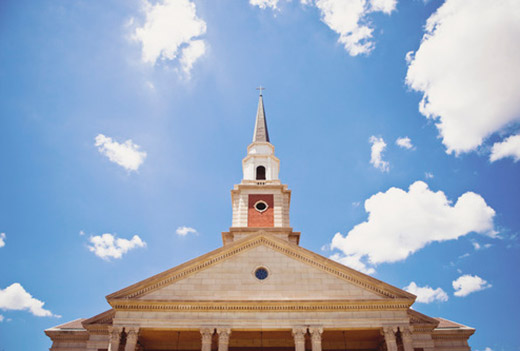The famed 19-century British Baptist, Charles Spurgeon, reportedly said, “Resist the devil and he will flee from you. Resist the deacons and they will flee at you.” While the quote contains Spurgeon’s trademark humor, it also highlights the idea that the office of deacon has long been considered a position of authority by church members. After all, in many churches, they act as a corporate board of directors. In some congregations, even the pastor reports to them. But how does the Bible describe their duties?
The office was found among the pagan temples of the Roman world. Those deacons functioned in non-priestly roles by organizing and preparing the sacrifices, caring for the priests’ vestments, cleaning the building, providing security, emptying the ashes of the altars, and providing all other non-liturgical services that were needed. They were neither common worshipers nor priests. It is interesting that the Apostle Paul spent a great deal of time explaining the biblical qualifications of Christian deacons (1 Timothy 3:8-13), as if those qualifications were vastly different from the pagan deacons. But the apostle said next to nothing concerning the duties of Christian deacons. Could it be that while their qualifications were vastly different, their function in Christian churches was already known because they were the same duties deacons exercised in the pagan world?
The very word deacon means servant; it doesn’t mean corporate executive or supervisor (the Christian overseer has that task — Acts 20:28). It would be a very profitable exercise to look up the word deacon — in the original language — in a concordance and note all the New Testament occurrences and see whether the office is described as functioning as an administrator or as a busy, active and hands-on servant. Here’s a sampling of a few of those passages: The verb was used to describe Martha serving food (Luke 10:40); Jesus used the noun to designate the greatest apostle as the servant (deacon) of all (Matthew 23:11); as servants, they provided manual labor (John 2:5-9). Paul also distinguished pastors and deacons (Philippians 1:1) as being distinct in responsibilities.
In Paul’s descriptions of the qualifications of pastor and deacon (1 Timothy 3), there are only two differences noted. The pastor must have the aptitude to teach, while the deacon doesn’t have to have that gift. The pastor is not to be “given to wine,” but the deacon is only required to be not “given to much wine.” (I have no idea what to make of that distinction.)
They are never called a board of deacons in the Bible; they are called servants of the church. While the word doesn’t appear in Acts 6, it is commonly thought that this incident is the initial choosing and implementing of deacons fulfilling their role. Their task was to serve tables, taking over the distribution of food to the widows in order to relieve the apostles for prayer and the ministry of the Word. In other words, they served the church in every capacity that would provide time for the pastors to pastor. Isn’t that actually the task of deacons?
Jack Williamson is pastor of First Baptist Church of Ridgeway, S.C.
